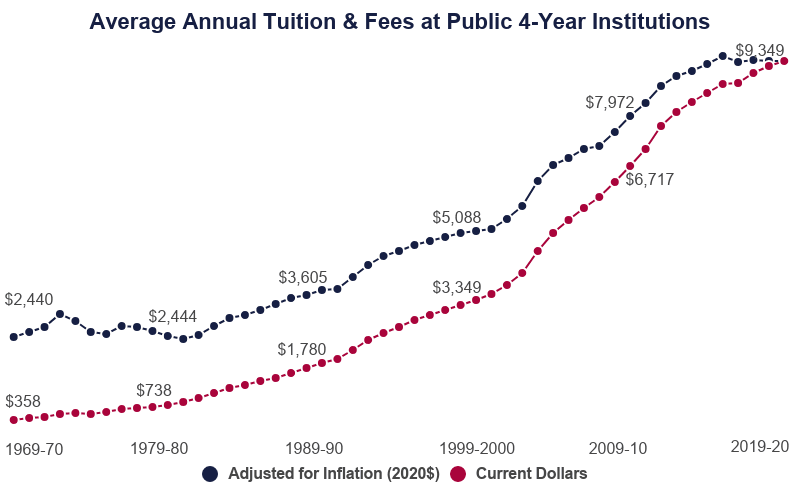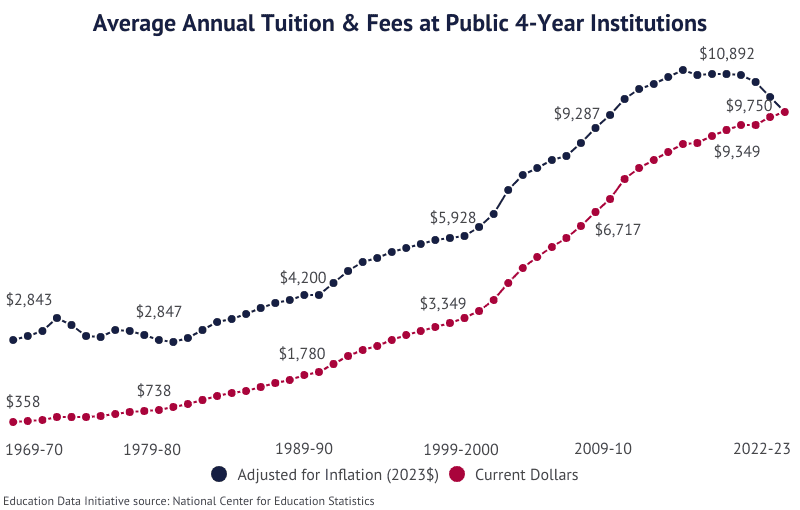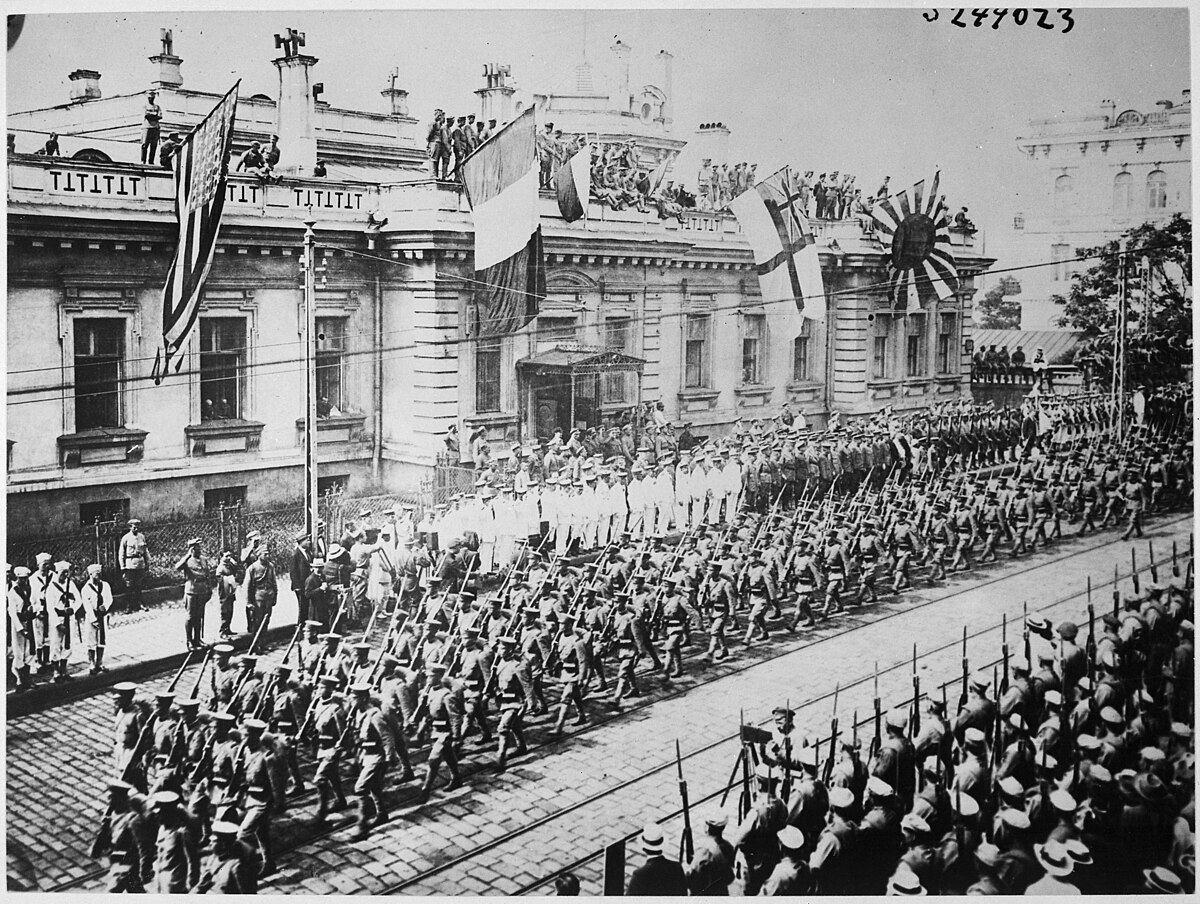You just can't handle the truth and think logically. Everything I said about the Soviets is verifiable and 100% true, and likewise, everything I said about capitalism is true as well.
Contrary to your assertion that the Soviet Union was a "massive failure," it's imperative to understand the historical context and the milestones achieved by the USSR, which you conveniently ignore. In terms of economic development, the Soviet Union experienced a significant transformation from an agrarian society to an industrialized nuclear superpower in a few decades, despite all of the seemingly insurmountable obstacles to its survival. The GDP growth of the Soviet Union, averaged 4.6% annually between 1928 and 1970 (Robert C. Allen, "Farm to Factory: A Reinterpretation of the Soviet Industrial Revolution," Princeton University Press, 2003). Additionally, the Soviet Union played a pivotal role in defeating Nazi Germany during World War II and essentially was in a state of war from its founding in 1917 to its failure in 1991.
It was even invaded by the UNITED STATES OF AMERICA in 1918, in a coalition of powerful capitalist countries:

en.wikipedia.org

en.wikipedia.org
Soviet Russia, was constantly being encircled, existentially threatened, and invaded by the most powerful capitalist powers in the world, and despite being a new socialist country, that had to develop itself 100% on its own, picking itself up by its own bootstraps, without the benefit of a "Marshal Plan" as Western Europe and Japan had after the devastation of WW2, it still managed to rival the United States. It became the second economy and military power in the world.
Your response?
- Electrification and Infrastructure Development:
- The Soviet Union undertook massive electrification projects that were critical in transforming the USSR from an agrarian society to an industrial powerhouse. One of the first decrees by Vladimir Lenin was the 'GOELRO Plan' - the State Commission for the Electrification of Russia. This was an ambitious project to bring electricity and modernization to the entire country. The plan laid out a 10-15 year strategy for building a network of 30 regional power plants, including ten large hydroelectric power stations.
- The Dnieper Hydroelectric Station, built in 1932, was one of the most famous hydroelectric projects and at that time the largest hydroelectric power station in Europe.
- These extensive electrification projects were pivotal for the Soviet Union, enabling large-scale industrialization and vastly improving the quality of life for its population. The projects also extended into Central Asia, where initiatives like the Great Fergana Canal showcased how the Soviet government managed to bring irrigation and agriculture to once-arid regions.
- Space Exploration:
- Yuri Gagarin became the first human to journey into outer space on April 12, 1961.
- Sputnik 1, launched on October 4, 1957, was the first artificial Earth satellite.
- Alexei Leonov conducted the first spacewalk on March 18, 1965.
- Lunokhod 1 was the first rover to land on the Moon in November 1970.
- Nuclear Technology:
- The world's first nuclear power plant was connected to the electrical grid in Obninsk, USSR on June 27, 1954.
- Science and Technology:
- Oleg Losev is credited with creating the first light-emitting diode (LED) in the 1920s.
- The Soviets were pioneers in microwave technology, using it extensively for radar technology and communications.
- Alexander Prokhorov contributed significantly to the development of lasers and was recognized with the Nobel Prize in Physics in 1964.
- The famous video game Tetris was developed by Alexey Pajitnov in 1984.
- Medical Achievements:
- The first blood bank was established in the USSR under the leadership of Alexander Bogdanov in 1921.
- Soviet virologist Albert Sabin developed an oral vaccine for polio.
- Waldemar Haffkine, a Soviet bacteriologist, developed one of the first vaccines for cholera.
- Bacteriophage therapy, which employs viruses to combat bacterial infections, was developed and widely used in the Soviet Union. The Eliava Institute in Tbilisi, Georgia, established by George Eliava and Félix d’Herelle, is a prominent center for bacteriophage research and therapy.
- Satellite Communication:
- The Soviet Union launched the world's first communications satellite, Molniya, in 1965.
- Transportation:
- The Soviets were pioneers in high-speed rail, with the ER200 electric train entering regular service in 1984.
- Aerospace Engineering:
- MiG Fighter Jets and Mil Helicopters are examples of the Soviet Union’s remarkable contributions to aviation.
- Physics:
- Soviet physicist Lev Landau made pioneering contributions to many areas of theoretical physics and was awarded the Nobel Prize in Physics in 1962.
- Mobile Communication:
- The Soviet Union developed one of the first prototypes of a mobile phone for military and governmental communication in 1957, known as the Altai. This early mobile communication device was a precursor to modern cell phones.
- Submarine Technology:
- The Soviet Union was a leader in submarine development and technology. The November-class submarines were among the world's first nuclear-powered attack submarines. The Soviets also developed the Typhoon-class submarines, which are the largest submarines ever built in terms of displacement and length. These submarines were capable of carrying a substantial payload of ballistic missiles.
- Intercontinental Ballistic Missiles (ICBMs):
- The Soviet Union was at the forefront of ICBM development during the Cold War. The R-7 Semyorka, developed under the guidance of Sergei Korolev, was the world's first ICBM and was capable of delivering a nuclear warhead. This missile was later adapted to launch the first satellite, Sputnik, and initiate human spaceflight.
- Materials Science:
- Soviet mathematicians and computer scientists made lasting contributions to theoretical computer science, algebra, and topology. Andrey Kolmogorov, a Soviet mathematician, made significant contributions to various areas of mathematics and founded the Kolmogorov Complexity theory, which is fundamental in algorithmic information theory.
- Cryonics and Cryogenics:
- Soviet scientists made significant advancements in the fields of cryonics and cryogenics, including the study of superconductivity at extremely low temperatures and the preservation of biological materials.
- Mathematics and Computing:
- Soviet mathematicians and computer scientists made lasting contributions to theoretical computer science, algebra, and topology. Andrey Kolmogorov, a Soviet mathematician, made significant contributions to various areas of mathematics and founded the Kolmogorov Complexity theory, which is fundamental in algorithmic information theory.
Your GOP and FOX News, are constantly accusing the Democratic Party of the United States of promoting "communism". AOC and Bernie Sanders are supposedly all a bunch of "commies". Are they "commies"? Really? Why? Because they want universal healthcare and believe healthcare is a human right, not a privilege of the wealthy or upper middle class. They believe an education is a human right, and should be tuition free. They assert that the homeless should be housed and provided with the government services they need to get back on their feet. They're "commies" because they're pro-labor unions and believe workers should earn a living wage and the rich should pay higher taxes.
The golden age of our economy in the 1950s, included a 93% tax rate for the wealthiest people in our country. One-third of America's workforce was unionized! It was the most LEFTIST economy in our history. Stakeholder capitalism:

en.wikipedia.org
Capitalism with a social responsibility to its employees, customers..etc.
These Democrats are supposedly all commies for the aforementioned political platform, yet in Western Europe those same policies are taken for granted as just normal. Government protected labor unions and rights, paid maternity leave, sick leave, yearly vacations and let's not forget a living wage! They have universal, government-funded healthcare, education, housing for the poor, and plenty of regulations for capitalists to abide by if they want to conduct business in those countries, which include regulations for protecting the environment and making sure all GMO products are labeled in stores. If the US adopted the laws and policies of Western Europe, the GOP's head would explode.
Western Europe according to the GOP's own metric of what constitutes communism, is all commie!
As far as what you said about China...
China's Poverty Reduction: The Chinese government has lifted over 850 million people out of poverty since 1981 (World Bank, "China: From Poor Areas to Poor People", 2019). This has been achieved through a combination of economic policies, including elements of socialism.
Another thing you conveniently ignore...
Capitalism with its republicanism didn't defeat the kings and their feudalism, overnight. It took centuries for capitalists to replace the previous socioeconomic system.
The merchants and capitalists sought to assert themselves politically against the monarchies. Their wealth was grounded in trade, finance, and later in industrial production, and they often found the interests and governance of aristocrats to be inhibitive to their economic pursuits. For example, the English Civil War in the 17th century can be seen as an early conflict where the Parliamentary forces, with substantial support from the merchant class, fought against the Royalist forces, which were mainly supported by the nobility.
- These conflicts between social classes have been happening for centuries and the struggle between capitalists and socialists or the working class, is the struggle we are currently in. It can take centuries before the working class wins this conflict with capitalists, establishing a non-profit, democratically run system of production, free of capitalist exploitation and the insatiable, destructive pursuit of private capital. Just as the capitalists needed technology to win their struggle against the kings and their feudalism, it will take time and technology for the working class to defeat the capitalists.
- Technological and Economic Changes: During the 18th century, technological advancements, particularly in metallurgy and engineering, catalyzed the Industrial Revolution. This was a turning point, as it enabled the capitalist class to generate wealth at an unprecedented rate through mass production. The Industrial Revolution and the associated economic changes weakened the economic base of the traditional aristocracy, which was largely rooted in land ownership and feudalism.
- American and French Revolutions: The American Revolution (1775-1783) and the French Revolution (1789-1799) are often seen as the critical junctures in which the capitalist class definitively gained the upper hand over the traditional aristocracy. The American Revolution was led by leaders who were mostly from the mercantile and plantation-owning class, and the outcome established a republic based on liberal principles that were conducive to capitalism. The French Revolution was even more radical, as it directly targeted the aristocracy, leading to widespread confiscation of noble lands and titles and the establishment of a more egalitarian legal framework.
- Decline of Aristocracy and Rise of Capitalism: Following these revolutions, throughout the 19th century, the power of the aristocracy waned across Europe, while the capitalist class became increasingly dominant. Many European countries underwent liberal reforms, either through revolutions or gradual reform, that favored the capitalist economy.
- Influence on Governance: As the bourgeoisie grew in power, they sought governance structures that safeguarded and promoted their interests. This led to the spread of parliamentary governance where the bourgeoisie could exert influence, liberal legal reforms that protected property rights and contracts, and the rolling back of aristocratic privileges.
The change was not instantaneous and did not happen everywhere simultaneously. Moreover, in many places, the aristocracy adapted and merged with the capitalist class rather than being entirely replaced. Nonetheless, this historical period was marked by profound social, political, and economic transformations that laid the foundation for the modern capitalist world.
Capitalism with its army of human wage labor, created modern socialism. Labor's predicament of being under the heel of capitalist masters, with their insatiable exploitative, often destructive drive for profits, unionized in the 1800s, creating the first, large, well-organized labor unions to assert their interests and effectively negotiate their terms of employment with their powerful, wealthy employers/exploiters. Adam Smith the father of capitalism wrote:
"What are the common wages of labour, depends everywhere upon the contract usually made between those two parties, whose interests are by no means the same. The workmen desire to get as much, the masters (the capitalists) to give as little as possible. The former are disposed to combine (form labor unions) in order to raise, the latter in order to lower the wages of labour. It is not, however, difficult to foresee which of the two parties must, upon all ordinary occasions, have the advantage in the dispute, and force the other into a compliance with their terms. The masters, being fewer in number, can combine much more easily; and the law, besides, authorizes, or at least does not prohibit their combinations (the capitalists-masters also unionize/combine into = chambers of commerce, industry associations, and guilds, super-PACs, NGOs, legions of lobbyists legally bribing politicians in the halls of government, think tanks/stink tanks..etc) while it prohibits those of the workmen (the circumstances of labor prohibit it from effectively unionizing as the capitalist do, without government protecting its rights to unionize).
We have no acts of parliament against combining to lower the price of work; but many against combining to raise it (government policy serves the vested interests of the capitalist masters at the expense of labor, making it impossible for labor to unionize effectively, to defend its class interests). In all such disputes, the masters can hold out much longer. A landlord, a farmer, a master manufacturer, or merchant, though they did not employ a single workman, could generally live a year or two upon the stocks which they have already acquired. Many workmen could not subsist a week, few could subsist a month, and scarce any a year without employment. In the long-run the workman may be as necessary to his master as his master is to him, but the necessity is not so immediate." (Wealth Of Nations)
Mac-7 and Todd's reliance on the notion of the "invisible hand" and the idealized free-market as a self-regulating entity is both naïve and disingenuous. The "invisible hand" concept, often attributed to Adam Smith, is predicated on the assumption that individuals pursuing their own self-interest will inadvertently contribute to the welfare of society. However, this notion fails to account for the externalities and the human cost associated with unregulated capitalism.
Human Cost and Inequality: The transition periods and market adjustments Mac and Todd nonchalantly disregards have real consequences for real people. The Darwinian “survival of the fittest” mentality is callous and simplifies complex socio-economic issues. The market is not an abstract concept; it is a system that impacts people's lives. Shrugging off unemployment, poverty, and homelessness as mere side effects is not only morally questionable but also ignores the destabilizing effects these issues have on society as a whole.
The day of reckoning is coming for capitalism with the advent of advanced 21st-century automation and artificial intelligence. The end is near for capitalism and the dawn of a new age for socialism is about to rise. Democratic Socialism and advanced production technology go hand in hand. They're perfectly compatible and the billionaires know it, hence are appealing the government for more socialism in the economy:
Todd's invisible hand and "natural market adjustments", result in mass societal unrest, instability, homelessness for millions of people, bankruptcies, hunger, disease..etc. The government has to intervene and subsidize the victims of those market adjustments. The GOP is constantly trying to defund the programs that allow capitalism to function without causing a revolution. These right-wingers are the best propagators of socialism. They create austere conditions for the working class that lead to more socialism. You actually contribute to the socialist effort to democratize and socialize production. Thank you for your service.





